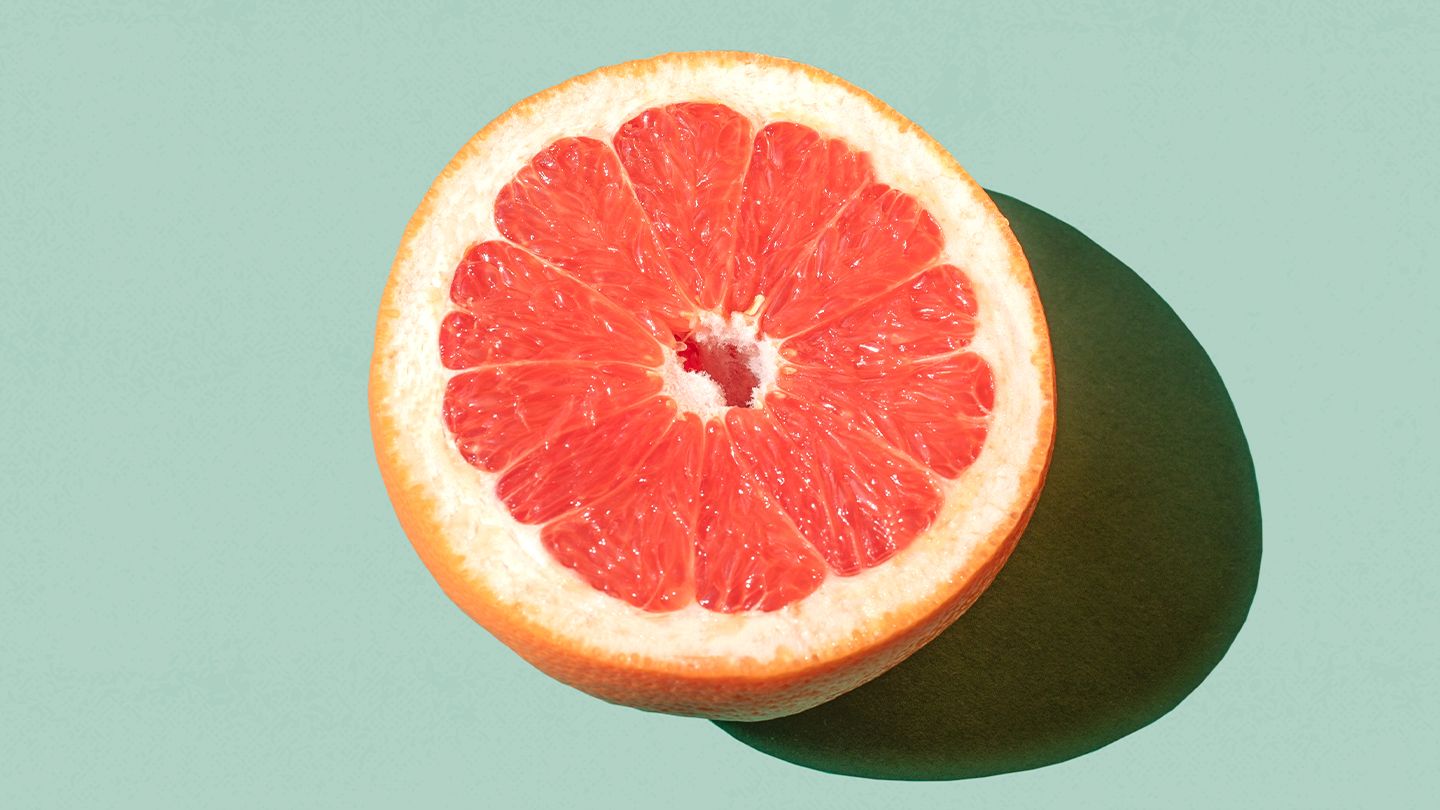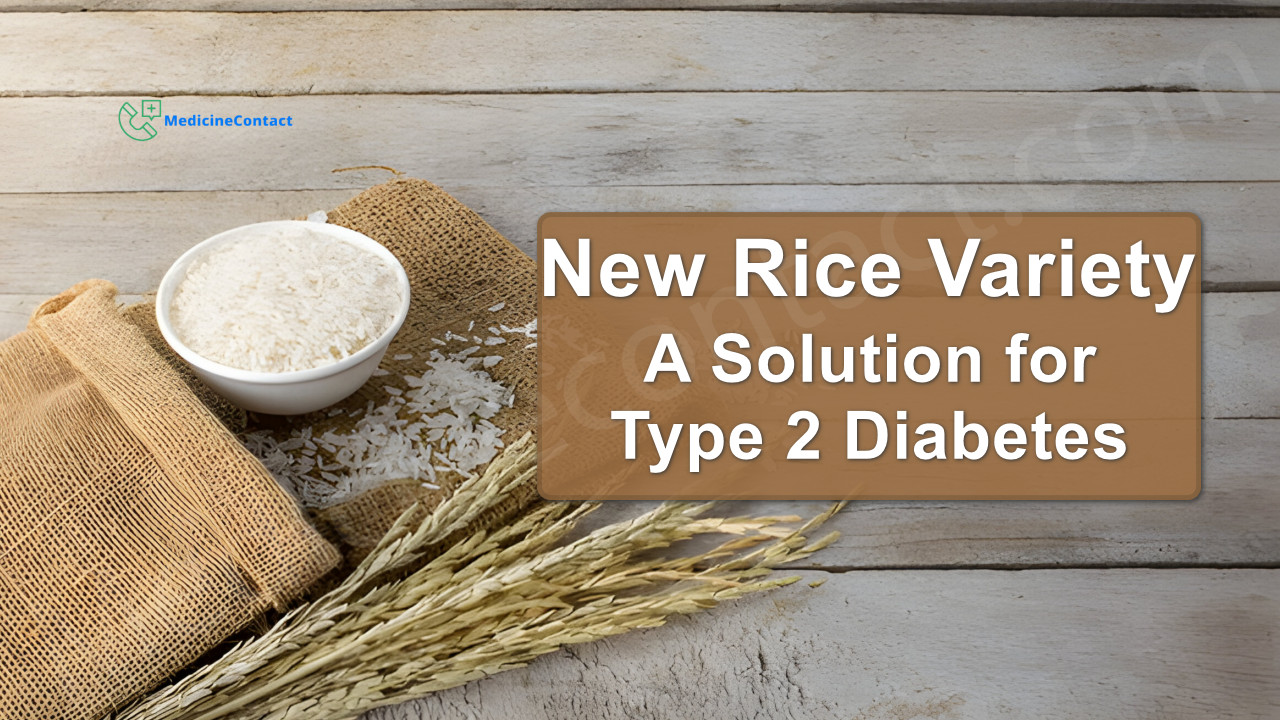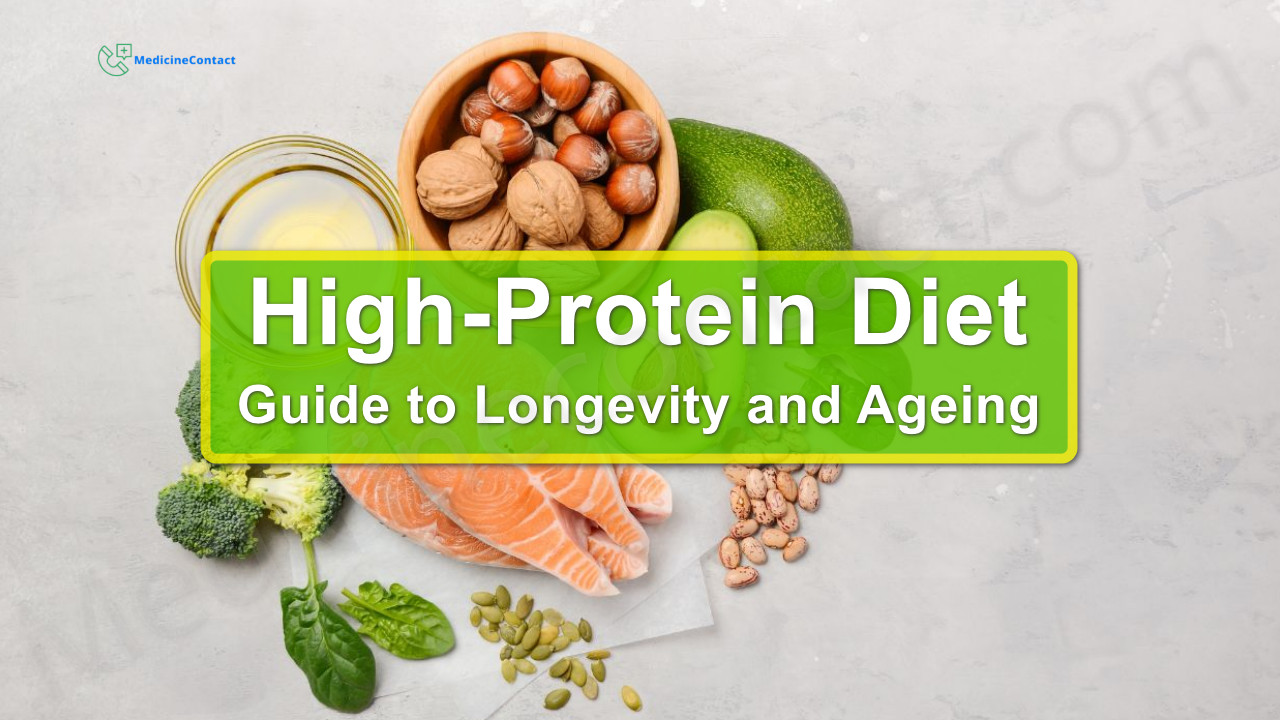
Determining the Sugar Content in Pink Grapefruit
Grapefruit is a nutritious citrus fruit known for its bitter and sour taste. The pink and red varieties, in particular, contain beneficial antioxidants and nutrients. But with the natural fruit sugars, many wonder just how much sugar is in pink grapefruit.
Understanding the sugar content and glycemic impact of pink grapefruit can help you incorporate it into a healthy diet. While grapefruit does contain natural fructose as a fruit sugar, it is relatively low in sugar compared to other fruit options.
Pink Grapefruit Nutrition Facts
One medium pink grapefruit (approx. 154 grams) contains:
- Calories: 60
- Total Carbohydrates: 15 grams
- Sugars: 11 grams
- Dietary Fiber: 2 grams
- Vitamin C: 78% DV
- Vitamin A: 28% DV
- Potassium: 5% DV
As these nutrition facts show, around 11 grams of the 15 total carbohydrates come from natural fruit sugar. The majority of this is fructose, along with smaller amounts of glucose and sucrose.
Comparing Sugar Content
Relative to other common fruits, pink grapefruit is lower in sugar than grapes, mangos, cherries and pomegranates. But it contains slightly more sugar than lemons, limes, strawberries and kiwis. Overall it’s moderate in sugar for a fruit.
Glycemic Index and Load
The glycemic index (GI) measures how quickly a food raises blood sugar. Pink grapefruit has a low GI of 25. Foods under 55 are considered low glycemic. This means pink grapefruit does not spike blood sugar rapidly despite its natural sugars.
Glycemic load accounts for serving size. Pink grapefruit has a very low glycemic load of 3. This further confirms it has minimal effect on blood glucose and is suitable for diets like keto that limit sugary carbs.
Determining Serving Size Sugar Content
The sugar content of pink grapefruit depends on the serving size consumed. Larger portions contain more natural fructose and glucose.
Sugar in a Half Pink Grapefruit
A half medium pink grapefruit contains around:
- Total carbs: 8 grams
- Sugars: 6 grams
So a typical half grapefruit has just 6 grams of sugar, making it a more modest serving compared to a whole grapefruit.
Sugar in 1 Cup Sections
1 cup of pink grapefruit sections, about the size of a typical serving, provides approximately:
- Total carbs: 11 grams
- Sugars: 9 grams
Having the grapefruit sectioned gives you more usable fruit and juices, so the sugar content goes up slightly to 9 grams per cup.
Sugar in 1 Cup Juice
1 cup (240 ml) of pure unsweetened pink grapefruit juice contains:
- Total carbs: 20 grams
- Sugars: 16 grams
Juicing the grapefruit concentrates the natural sugars. A cup of juice has about 16 grams sugar without any added sweeteners.
Effects of Cooking and Preparation
How you prepare and consume pink grapefruit can alter its sugar content:
Raw Grapefruit
Eating fresh, raw pink grapefruit retains all the natural sugars. This is the most nutritious way to eat it while keeping calories and carbs moderate.
Baked Grapefruit
Baking pink grapefruit softens the flesh and brings out sweetness. But it doesn’t significantly change the overall sugar grams or glycemic impact.
Canned Grapefruit
Canned grapefruit packed in juice raises the sugar content since the fruit sits in a sugary syrup. Look for canned versions in water or natural juice to avoid added sugar.
Dried Grapefruit
Dehydrating grapefruit removes the water content, causing the sugars to become highly concentrated. Dried grapefruit and candied grapefruit have much higher sugar than fresh.
Sweetened Juice and Drinks
Store-bought pink grapefruit juice often has added sugar in the form of high fructose corn syrup or cane sugar. Read labels and avoid added sweeteners.
Tips for enjoying Pink Grapefruit Low in Sugar
Here are some ways to keep your sugar consumption low and reap the nutrition of pink grapefruit:
Stick to half or 1 cup portions
Half a medium grapefruit or 1 cup sections/juice helps moderate sugar intake compared to larger servings.
Always buy unsweetened
Avoid juice, canned grapefruit packed in syrup, and pre-sweetened grapefruit products.
Count toward daily fruit intake
Let grapefruit contribute to your daily fruit sugar and carb allowance from whole foods.
Drink unsweetened juice diluted
Dilute 100% pink grapefruit juice with water or seltzer to cut the natural sugars.
Combine with protein or fat
Pairing grapefruit with nuts, cheese, or Greek yogurt helps balance out the glycemic response.
Skip adding extra sugars
Avoid topping grapefruit with honey, sugar, or syrups so you just get the intrinsic fruit sugars.
Potential Benefits of Pink Grapefruit
While sugar content is a consideration, keep in mind pink grapefruit provides many beneficial nutrients, antioxidants and plant compounds that support health. These include:
Vitamin C
Pink grapefruit is high in immune-boosting vitamin C. One half provides close to 60% of your daily needs.
Vitamin A
Pink grapefruit contains antioxidant vitamin A compounds like lycopene and beta-carotene.
Potassium
Grapefruit is a good source of potassium, which supports healthy hydration, blood pressure and nerves.
Antioxidant Polyphenols
Compounds like naringin and naringenin act as antioxidants and anti-inflammatories in the body.
Soluble Fiber
The fiber in grapefruit helps control blood sugar response. It also aids digestion and gut health.
Risks and Side Effects
While grapefruit can fit into a healthy diet, there are some potential side effects to consider:
Medication Interactions
Grapefruit can interact with several medications by inhibiting cytochrome P450, so check with your doctor.
Dental Erosion
Grapefruit's acidity can wear down tooth enamel over time, especially if consuming juice.
Heartburn Trigger
The acidity may provoke heartburn or reflux symptoms in those with gastrointestinal issues.
Sun Sensitivity
Certain compounds in grapefruit can make skin more prone to UV damage from the sun.
The Bottom Line
A half or whole medium pink grapefruit contains around 6-11 grams of sugar depending on serving size. While not sugar-free, grapefruit has a low glycemic load, making it a good fruit option for many diets. Focus on reasonable portions and utilize preparation methods that don’t add extra sugar to enjoy grapefruit as part of an overall healthy regime.
FAQs
How does the sugar in pink grapefruit compare to other fruits?
Pink grapefruit is lower in sugar than grapes, mangos, cherries and pomegranates. But it has slightly more sugar than lemons, limes, strawberries and kiwis. It's moderate in sugar for a fruit.
What affects the sugar content in different pink grapefruit servings?
Larger portions, grapefruit juice, canned grapefruit, dried grapefruit, and added sweeteners all increase the sugar content compared to a fresh half grapefruit.
Does cooking or preparing grapefruit change the sugar levels?
Baking doesn't significantly alter the natural sugar content. But canning in syrup, juicing, and drying grapefruit does increase the sugar density.
How can you consume pink grapefruit while limiting sugar intake?
Stick to smaller portions, always choose unsweetened, count it toward daily fruit intake, dilute juice with water, and avoid adding extra sugars.
What are the potential health benefits of pink grapefruit?
Grapefruit provides important nutrients like vitamin C, vitamin A, potassium, antioxidants, and fiber that support overall health despite the natural sugars.
Disclaimer: This article is for informational purposes only and does not constitute medical advice. Always consult with a healthcare professional before starting any new treatment regimen.




